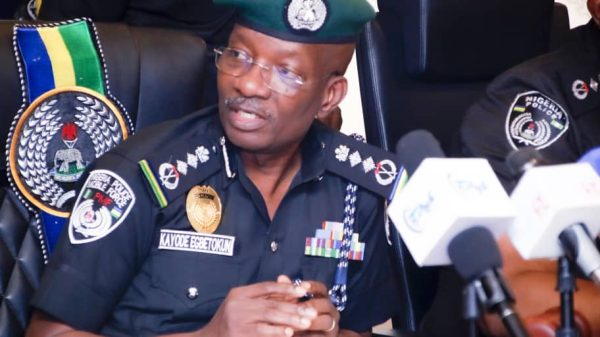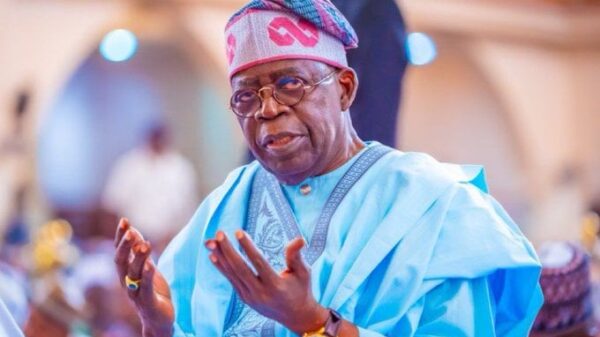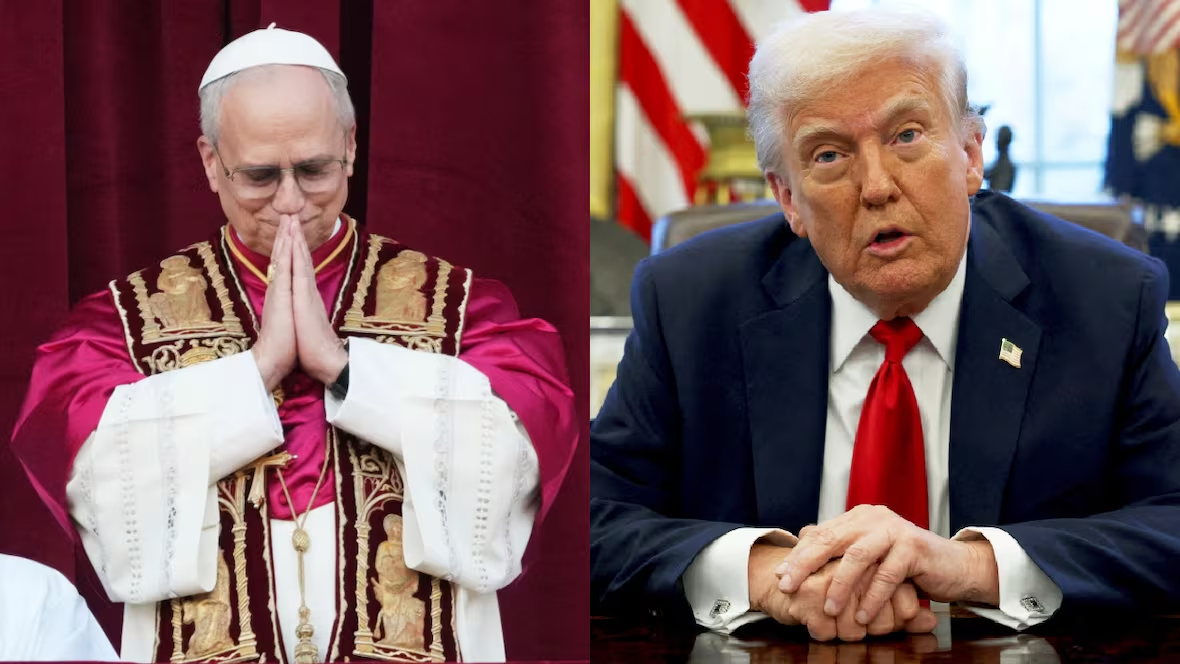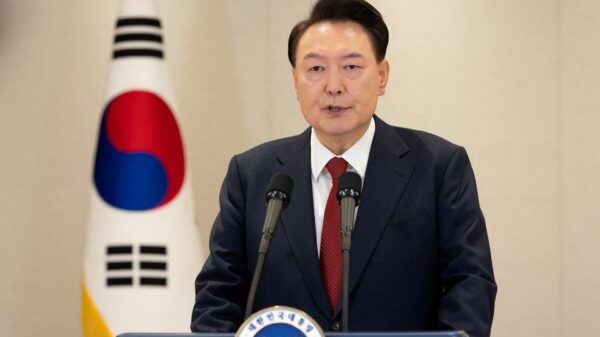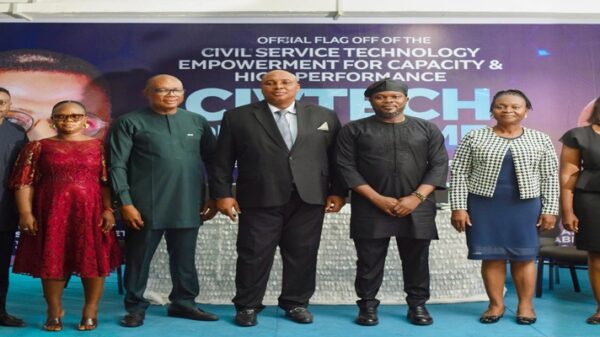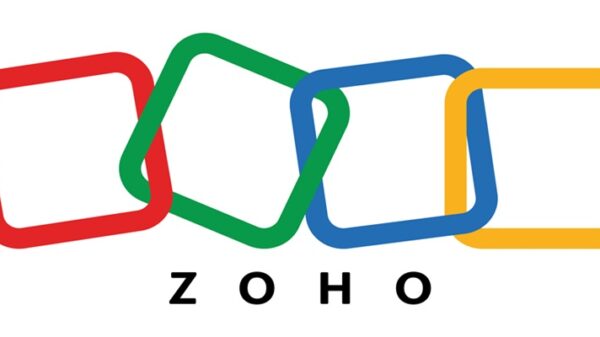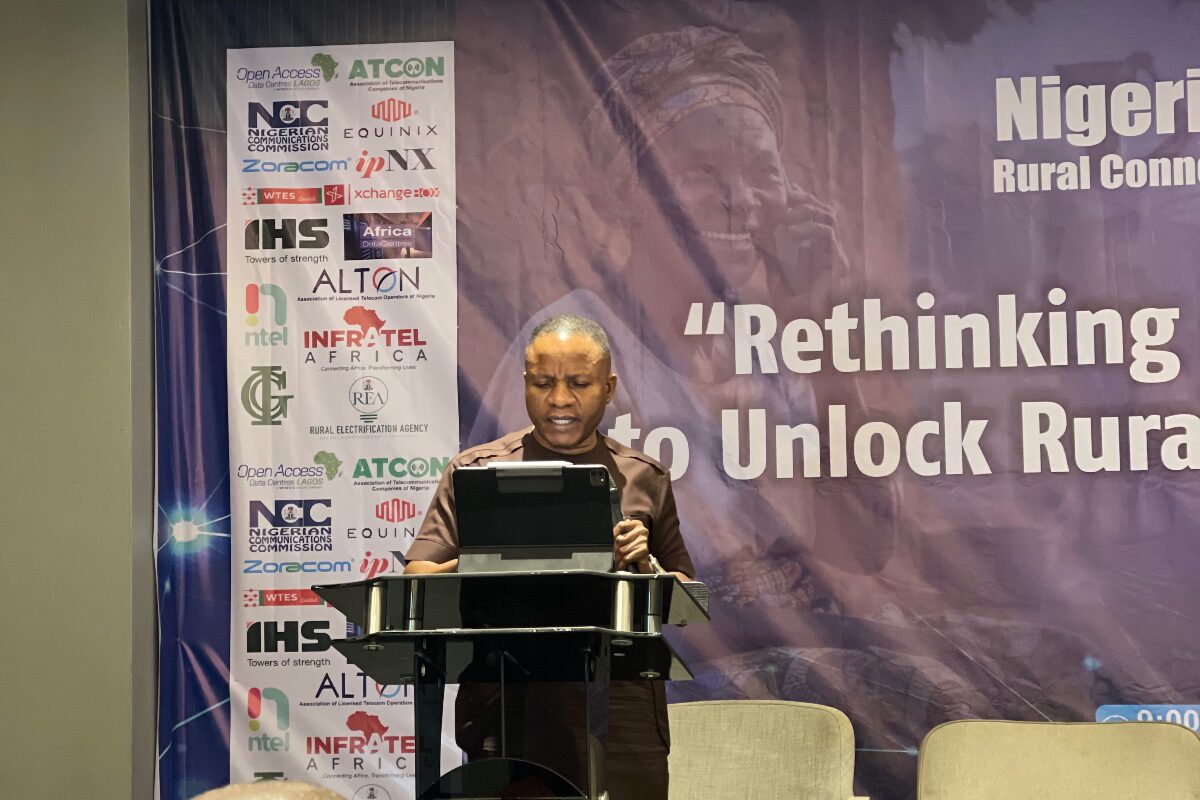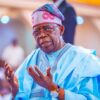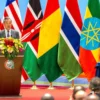Dr. Aminu Maida, Executive Vice Chairman and Chief Executive Officer of the Nigerian Communications Commission (NCC), has called for urgent, inclusive action to bridge Nigeria’s digital divide, describing connectivity as a national economic and security imperative.
Delivering the keynote address at the inaugural Rural Connectivity Summit held at the Radisson Blu Hotel, Ikeja, Lagos, Maida emphasized that “the accurate measure of connectivity is not in megabits per second, but in the economic value it creates or loses.”
The summit, themed “Rethinking Digital Connectivity to Unlock Rural Economic Potentials”, was organized by Business Metrics Limited.
Read Also: NCC Ramps Up Cybersecurity Measures as Threats Target Nigeria’s Telecom Sector
Maida, represented by Mr. Tunji Jimoh, Controller of the NCC Lagos Office, spoke on the topic “Leaving Nobody Behind: Leveraging Regulatory Advantages to Bridge Nigeria’s Digital Divide.”
He noted that over 45 per cent of Nigeria’s population resides in rural areas, yet continues to face systemic exclusion from digital opportunities.
“A community without digital connectivity is functionally invisible, cut off from modern education, global markets, specialized healthcare, and opportunity,” Maida said. “This digital invisibility is an unacceptable situation that we must act decisively to end.”
Citing research, Maida said a 10 per cent increase in broadband penetration can drive approximately 1.38 per cent GDP growth in developing economies. As of August 2025, Nigeria’s broadband penetration stood at 48.81 per cent.
He also referenced Nigeria’s performance on the International Telecommunication Union’s ICT Development Index (IDI), where the country scored 52.9 in 2025, ranking 137th out of 164 economies — an improvement from 46.9 in 2024.
“Our IDI score reflects stronger performance in Meaningful Connectivity (68.7) than Universal Connectivity (37.1), highlighting gains in network coverage and affordability, but persistent gaps in Internet usage and household access,” he said.
Maida lamented the stark urban-rural divide, noting that while urban areas enjoy up to 57 per cent Internet access, rural communities lag at just 23 per cent. Cities like Lagos, Abuja, and Port Harcourt account for 75 to 80 per cent of total data usage.
To address these disparities, Maida outlined several NCC and Universal Service Provision Fund (USPF) initiatives, including the Rural Broadband Initiative (RUBI) and Accelerated Mobile Phone Expansion (AMPE), which subsidize the deployment of Base Transceiver Stations and fibre backbone infrastructure.
He highlighted the USPF’s impact in education, citing over 2,500 projects and 100,000 computers delivered to schools nationwide.
A notable example is the Emerging Technologies Centre at Ogun State Institute of Technology (OGITECH), where over 9,000 students now access high-end computing resources.
“These students are developing innovations like drones for local agriculture,” Maida said.
In healthcare, the USPF’s E-Health Project connects rural primary health centres with larger hospitals for remote consultations, while the E-Accessibility Project deploys assistive technologies for persons with disabilities.
Maida also announced the launch of the Nigeria Digital Connectivity Index (NDCI) on October 9, 2025, which will provide an annual public scorecard measuring each state’s digital readiness.
“This index will foster competition and accountability among states,” he said.
He further emphasized the role of Community Networks in empowering local connectivity solutions. The NCC has partnered with the Association for Progressive Communications (APC) under its LocNet Initiative to develop enabling frameworks, with a national strategy conference held in October 2024 and a policy workshop in June 2025.
“We are currently conducting a comprehensive study on Community Networks, with framework development scheduled for January 2026,” Maida revealed.
On infrastructure protection, Maida disclosed that the sector recorded 19,384 fibre cuts, 3,241 equipment thefts, and over 19,000 site access denials between January and August 2025.
He credited the Critical National Information Infrastructure (CNII) Presidential Order, signed by President Bola Tinubu in June 2024, for empowering law enforcement to combat vandalism.
He also praised the Telecommunications Industry Working Group and the Office of the National Security Adviser (ONSA) for dismantling major cartels.
Regarding Right of Way (RoW) charges, Maida said 11 states now offer zero fees, while 17 others have capped charges at the N145 per linear metre benchmark. He also promoted “dig-once” policies to reduce deployment costs.
Maida acknowledged partnerships with operators like MTN, Airtel, Glo, and T2, as well as international bodies such as GSMA and the World Bank.
He cited the Wholesale Fibre Study and the Ease of Doing Business Portal, launched alongside the NDCI, as key tools for streamlining deployments.
Finally, Maida introduced the General Authorisation Framework (GAF), drafted in July 2025, which provides flexible pathways for market entry through Proof of Concept, Regulatory Sandbox, and Interim Service Authorisation.
“By reducing entry barriers, the GAF fosters disruptive solutions tailored to rural needs, such as satellite connectivity and low-cost 5G towers,” he said.
The summit concluded with a renewed commitment from stakeholders to co-create inclusive connectivity solutions and unlock Nigeria’s rural economic potential.
![]()

